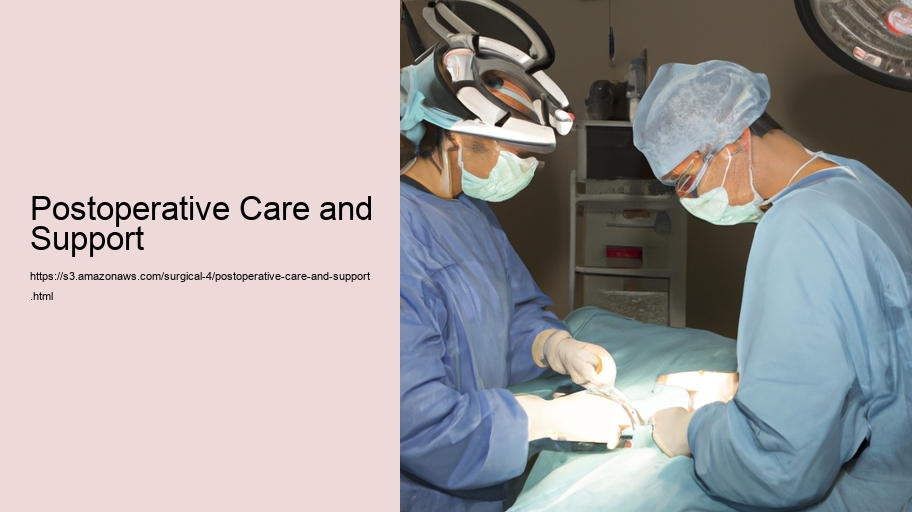Postoperative Care and Support: A Critical Component of the Surgical Journey
The journey of a patient undergoing surgery does not end when they are wheeled out of the operating room. In fact, the postoperative phase is a critical period where the body must not only heal from the intentional trauma of surgery but also regain strength and functionality. Postoperative care and support play a pivotal role in determining the overall success of the surgical procedure and the speed at which a patient can return to their daily life.
Postoperative care begins immediately after surgery. As the patient regains consciousness from anesthesia, healthcare professionals are at the ready to monitor vital signs, manage pain, and assess the patient for any signs of complications. This initial phase is critical as it can set the tone for the entire recovery process. Diligent monitoring ensures that any adverse reactions or complications are addressed promptly, which can be life-saving in some cases.
Pain management is a cornerstone of postoperative care. Effective pain control not only provides comfort but also facilitates early mobilization and engagement in physical therapy, both of which are important for preventing complications such as blood clots, pneumonia, and muscle atrophy. Individualized pain management strategies may involve a combination of medications, regional anesthesia, and non-pharmacological interventions like ice, heat, and relaxation techniques.
Another aspect of postoperative care is wound management. It is crucial to keep the surgical site clean and monitor it for signs of infection. Nurses and doctors provide instructions on how to care for the wound at home, which may include cleaning, dressing changes, and recognizing signs that warrant medical attention. Proper wound care is vital for preventing infections and ensuring that the wound heals optimally, leaving minimal scarring.
Nutrition and hydration are also key components of postoperative care. Surgery can be a significant stressor on the body, and providing the right nutrients is essential for tissue repair and immune system function. In some cases, patients may have specific dietary restrictions or may need to be fed intravenously or through a tube until they can safely eat and drink on their own.
Emotional support cannot be understated in the postoperative period. Patients may experience a range of emotions, from relief and joy to fear and depression. The support of family, friends, and healthcare professionals can help a patient navigate these emotional waters and encourage a positive mindset, which can, in turn, have a favorable impact on physical healing.
As patients transition from the hospital to home, postoperative care continues. Discharge planning involves educating the patient and their caregivers about what to expect during recovery, signs of complications, medication schedules, and follow-up appointments. It is important that this information is communicated clearly and that patients feel empowered to manage their care at home.
In the weeks and months that follow, support may also come in the form of physical therapy, occupational therapy, or other rehabilitation services to help patients regain strength and function. The goal of these therapies is to return the patient to as much independence as possible, and they can be critical for ensuring a full recovery.
In conclusion, postoperative care and support are essential for ensuring that patients heal well, regain their strength, and return to their daily lives after surgery. It encompasses a wide array of services and interventions, from medical monitoring and pain management to emotional support and rehabilitation. A successful recovery is a team effort, requiring the dedication of healthcare professionals and the active participation of the patient and their support network. Recognizing the importance of postoperative care can lead to better outcomes, fewer complications, and a more positive surgical experience.
